
How a Bill Becomes a Law in Ohio
-

1. Idea
Every bill starts with someone—just like you—identifying a problem in their community, and proposing a solution.
-

2. Drafting
State lawmakers take ideas to Ohio’s Legislative Service Commission (LSC) to draft the bill.
-

3. Chamber of Origin
The bill can be introduced in either legislative chamber: The House of Representatives or The Senate.
-

4. Committee Hearings
The Speaker of the House or the Senate President assigns the bill to a committee. Typically, the bill receives at least three hearings: sponsor, proponent, and opponent. The bill can be amended in committee and must receive more than 50% of the votes to pass.
-

5. Full Chamber Vote
The full chamber of origin votes on the bill. The bill must receive 50 votes in the House or 17 votes in the Senate to pass. The bill can be amended here as well.
-

6. Opposite Chamber
Once passed, the bill moves to the opposite chamber, and must go through the process again!
-

7. Committee Hearings
Again, the bill typically receives three hearings, can be amended and must receive more than 50% of the votes to pass.
-

8. Full Chamber Vote
The full chamber must vote on the bill. The bill can be amended or redrafted as a substitute bill before this vote. If the bill is amended in the opposite chamber, it must go back to the chamber of origin for approval. If the original chamber does not approve of the changes, the bill can go to “conference committee,” where the two chambers attempt to work out the differences and send the bill back for a final vote in both chambers.
-

9. Governor
The governor may sign, veto, or do nothing with the bill. If he does nothing with the bill within 10 days, it will become law without his signature.
-

10. Law
The bill becomes law after 90 days unless it includes an emergency clause.
The 136th General Assembly
99 Ohio House Representatives: 65 Republicans, 34 Democrats
33 Ohio Senators: 24 Republicans, 9 Democrats
Your Ohio Senate Leadership
-

Senate President
Rob McColley
District 1 | RThe Senate President is the presiding officer of the Ohio Senate, elected by all members of the Senate to conduct session, which includes recognizing members in debate, preserving order and decorum, calling for votes and signing all acts.
-
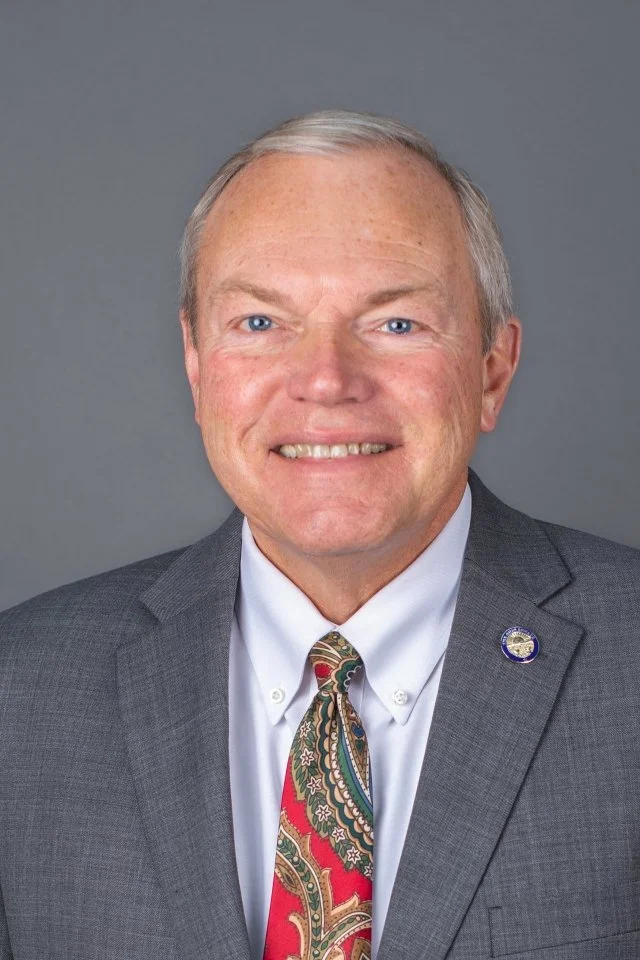
President Pro Tempore
Bill Reineke
District 26 | RThe President Pro Tempore is elected by all members of the Senate. The role of this leadership position is to serve as the temporary president in the absence of the Senate President.
-
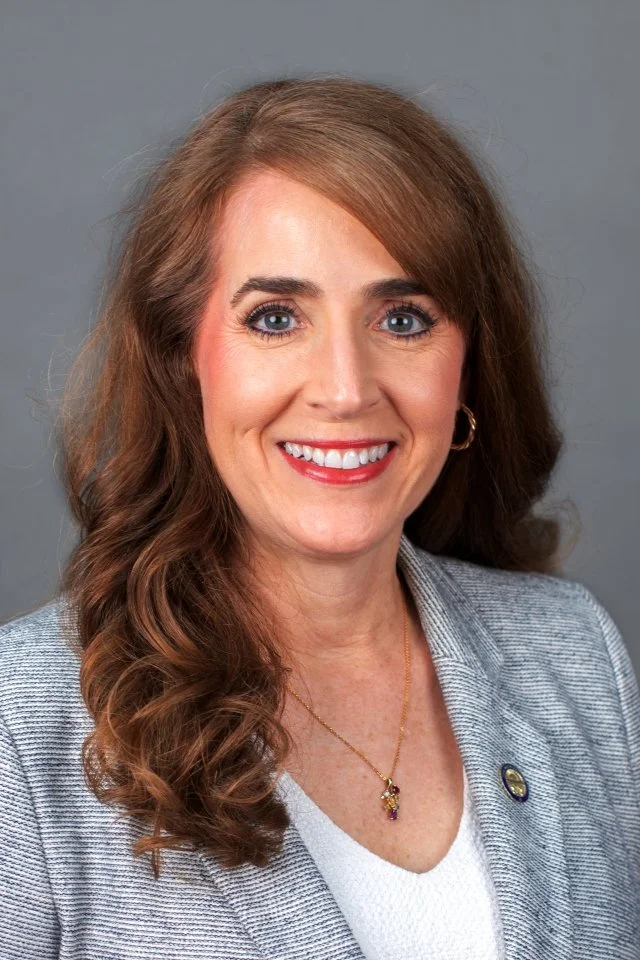
Majority Floor Leader
Theresa Gavarone
District 2 | RThe Majority Floor Leader is elected by all members of the Senate and is responsible for the development and implementation of the agenda for the majority party, which is currently the Republicans.
-
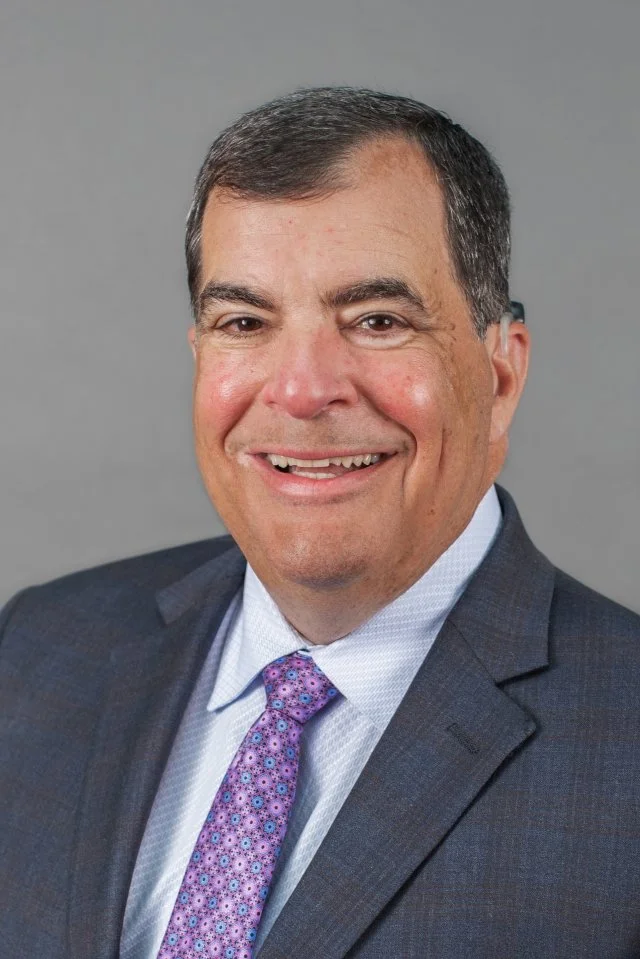
Majority Whip
George F. Lang
District 4 | RThe Majority Whip is elected by all members of the Senate and is responsible for monitoring legislation and securing votes for legislation on the floor for the majority party.
-
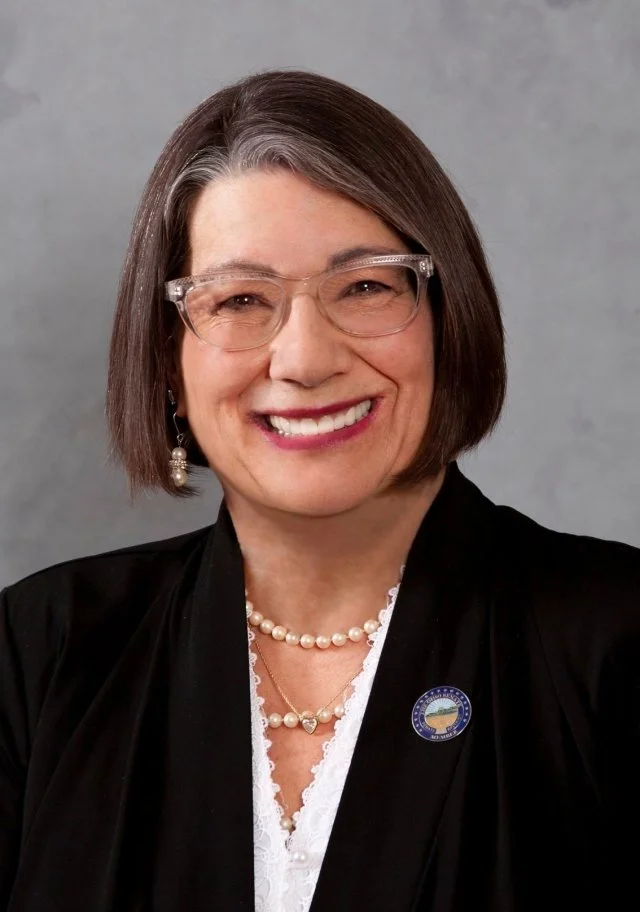
Minority Leader
Nickie J. Antonio
District 23 | DThe Minority Leader is elected by all members of the Senate to lead the party in the minority, which is currently the Democrats. She is responsible for the development and implementation of the minority party.
-
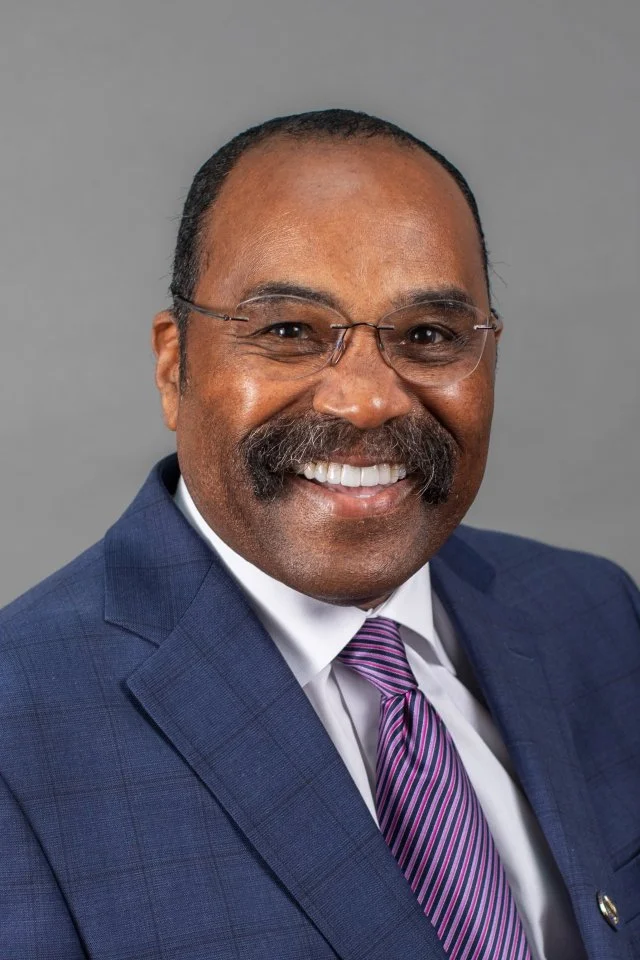
Assistant Minority Leader
Hearcel F. Craig
District 15 | DThe Assistant Minority Leader is elected by all members of the Senate and assists the minority leader in development and implementation of the agenda for the minority party.
-
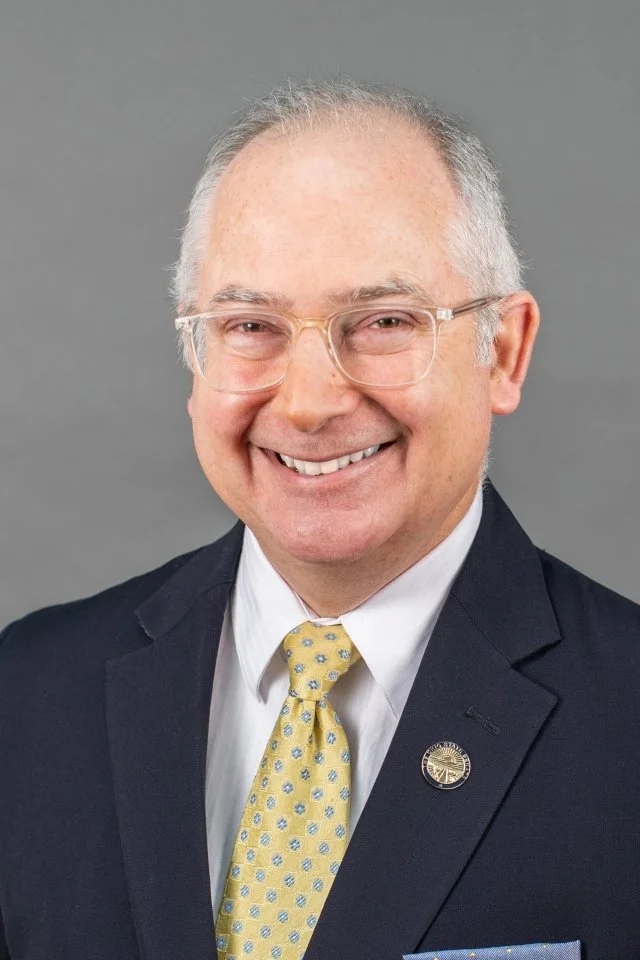
Minority Whip
Kent Smith
District 21 | DThe Minority Whip is elected by all members of the Senate and is responsible for monitoring legislation and securing votes for legislation on the floor for the minority party.
-
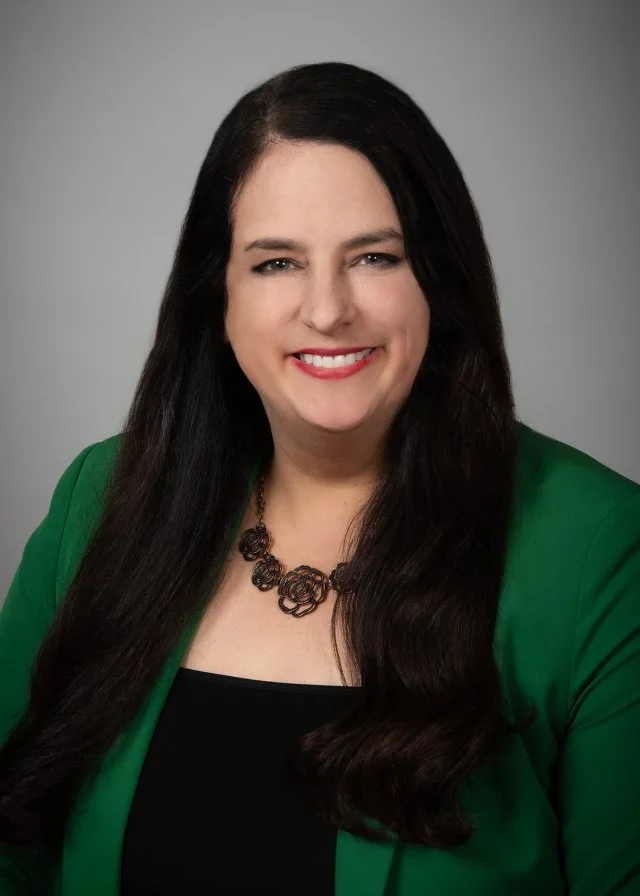
Assistant Minority Whip
Beth Liston
District 16 | DThe Assistant Minority Whip is elected by all members of the Senate and is responsible for assisting the minority whip in monitoring legislation and securing votes for legislation on the floor for the minority party.
Your Ohio House of Representatives Leadership
-

Speaker of the House
Matt Huffman
District 78 | RThe Speaker of the House is the presiding officer of the House of Representatives, elected by all members of the House when it convenes for a regular legislative session. The Speaker appoints the members and chairpersons of all committees, directs the legislative procedures, oversees administration of the body and presides over daily House sessions.
-
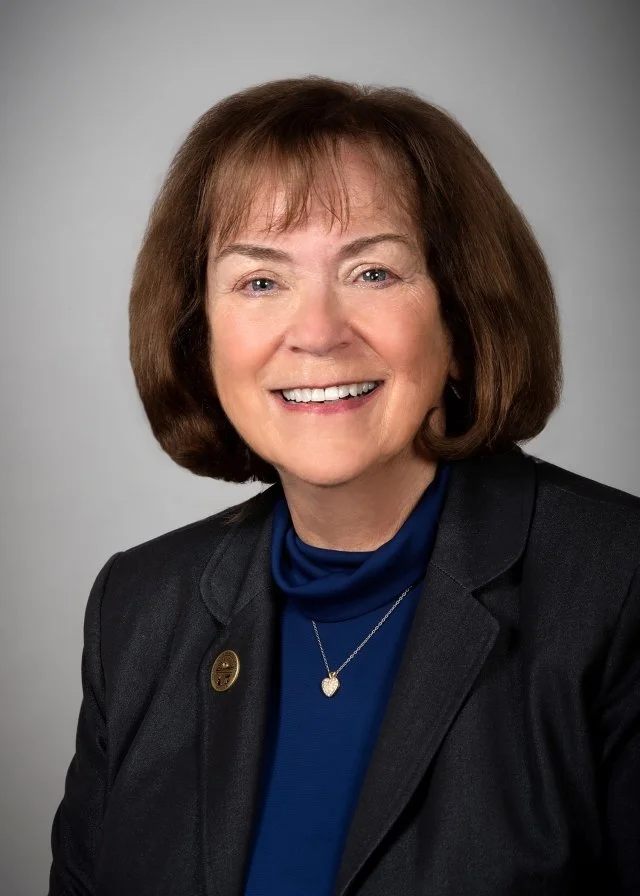
Speaker Pro Tempore
Gayle Manning
District 52 | RSpeaker Pro Tempore means “Speaker 'for a time.’” A representative elected by all members of the House to serve as the temporary Speaker in the absence of the Speaker of the House.
-

Assistant Speaker Pro Tempore
Phil Plummer
District 39 | R -

Majority Floor Leader
Marilyn John
District 76 | RThe Majority Floor Leader is elected by all members of the House and is responsible for the development and implementation of the agenda for the party in the majority.
-
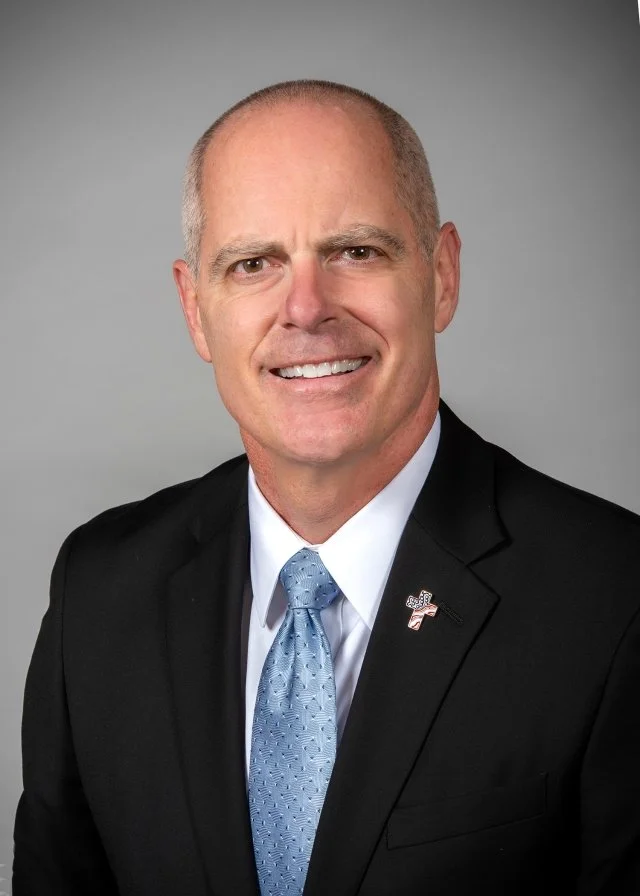
Assistant Majority Floor Leader
Adam C. Bird
District 63 | RThe Assistant Majority Floor Leader is elected by all members of the House and assists the Majority Floor Leader in developing and implementing the agenda for the party in the majority.
-
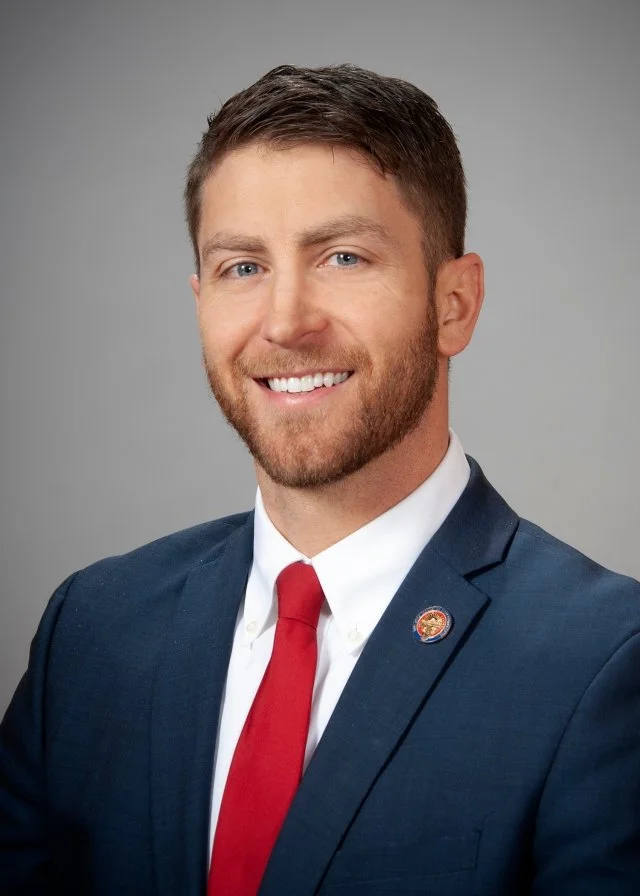
Majority Whip
Riordan T. McClain
District 87 | RAll members of the House elect the Majority Whip and is responsible for monitoring legislation and securing votes for legislation on the floor. The term Whip originated in the Parliament of the United Kingdom and is derived from the 'whipper-in' at a fox hunt.
-
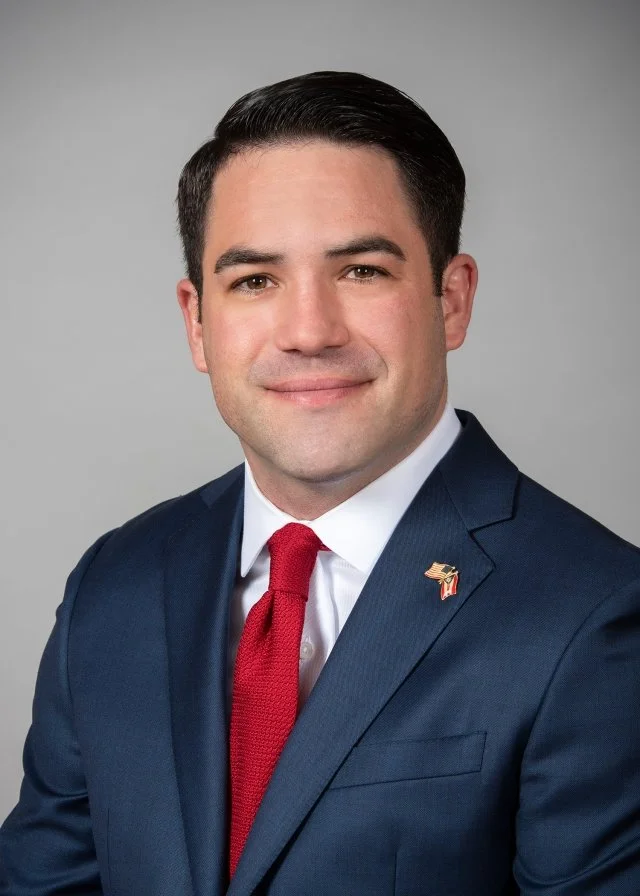
Majority Whip
Steve Demetriou
District 35 | RThe Majority Whip is elected by all members of the House and is responsible for monitoring legislation and securing votes for legislation on the floor. The term Whip originated in the Parliament of the United Kingdom and is derived from the 'whipper-in' at a fox hunt.
-

Majority Whip
Nick Santucci
District 64 | RThe Majority Whip is elected by all members of the House and is responsible for monitoring legislation and securing votes for legislation on the floor. The term Whip originated in the Parliament of the United Kingdom and is derived from the 'whipper-in' at a fox hunt.
-
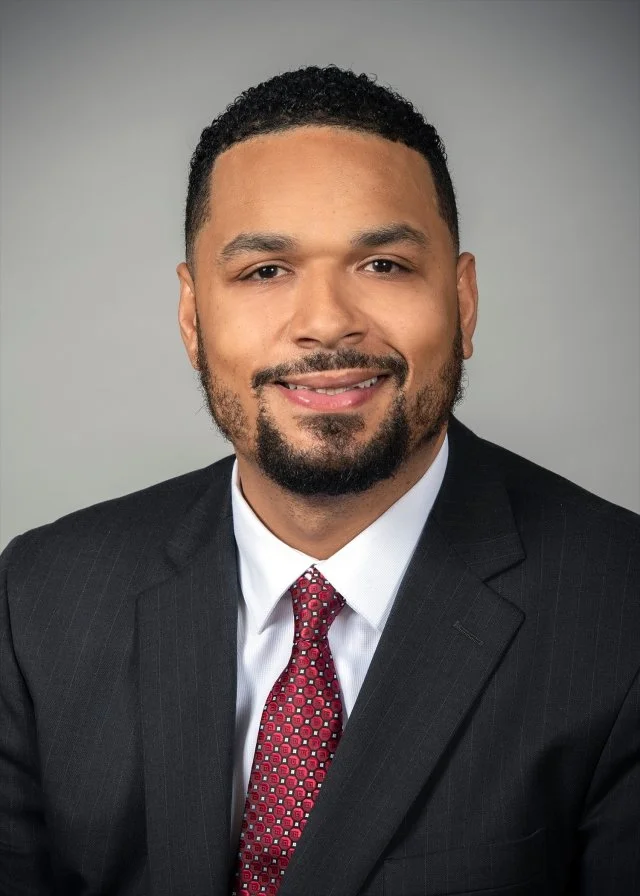
Majority Whip
Josh Williams
District 44 | RThe Majority Whip is elected by all members of the House and is responsible for monitoring legislation and securing votes for legislation on the floor. The term Whip originated in the Parliament of the United Kingdom and is derived from the 'whipper-in' at a fox hunt.
-
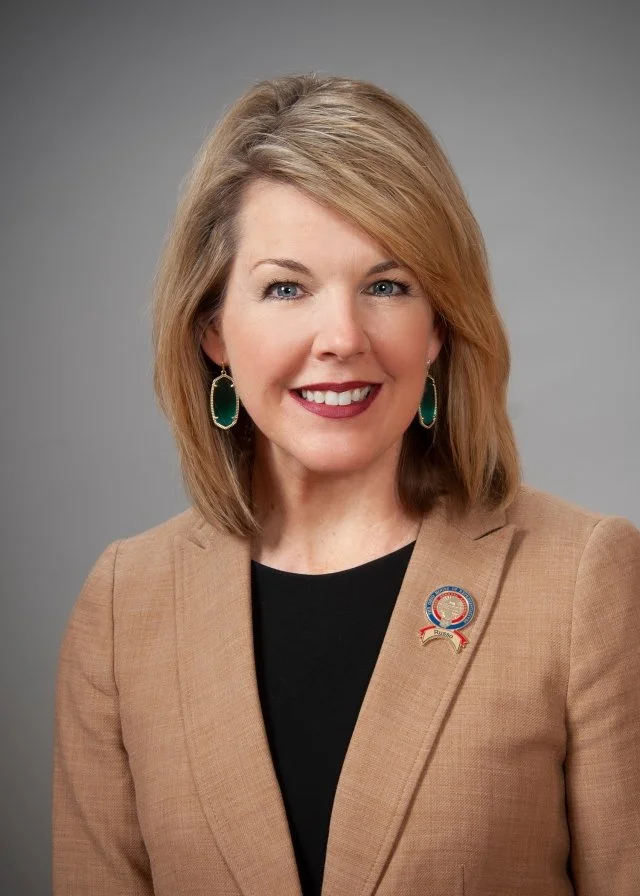
Minority Leader
C. Allison Russo
District 7 | DThe Minority Leader is elected by all members of the House to lead the party in the minority and is responsible for the development and implementation of the caucus agenda.
-
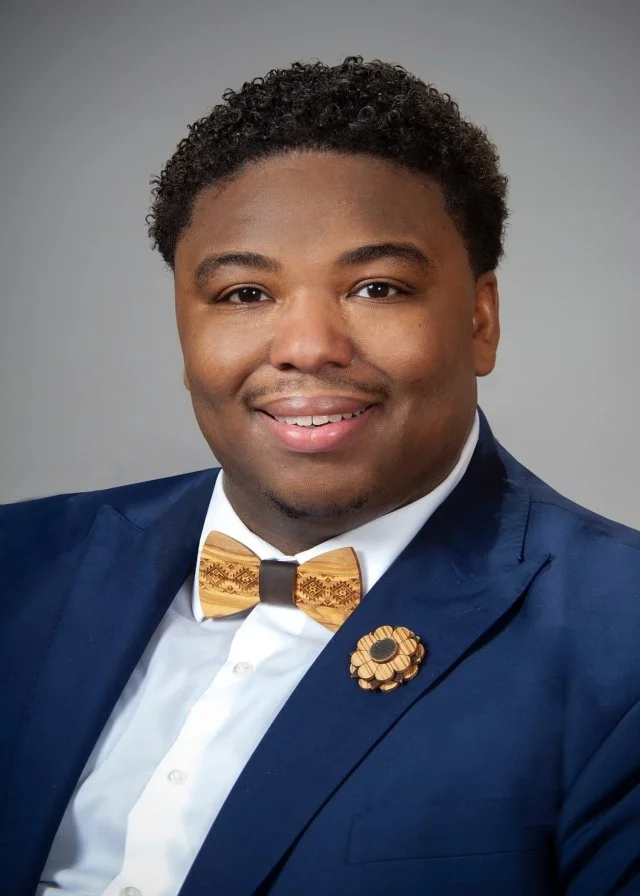
Assistant Minority Leader
Dontavius L. Jarrells
District 1 | DThe Assistant Minority Leader is elected by all members of the House and assists the Minority Leader in development and implementation of the agenda for the party in the minority.
-

Minority Whip
Dani Isaacsohn
District 24 | DThe Minority Whip is elected by all members of the House and is responsible for monitoring legislation and securing votes for legislation on the floor. The term Whip originated in the Parliament of the United Kingdom and is derived from the 'whipper-in' at a fox hunt.
-
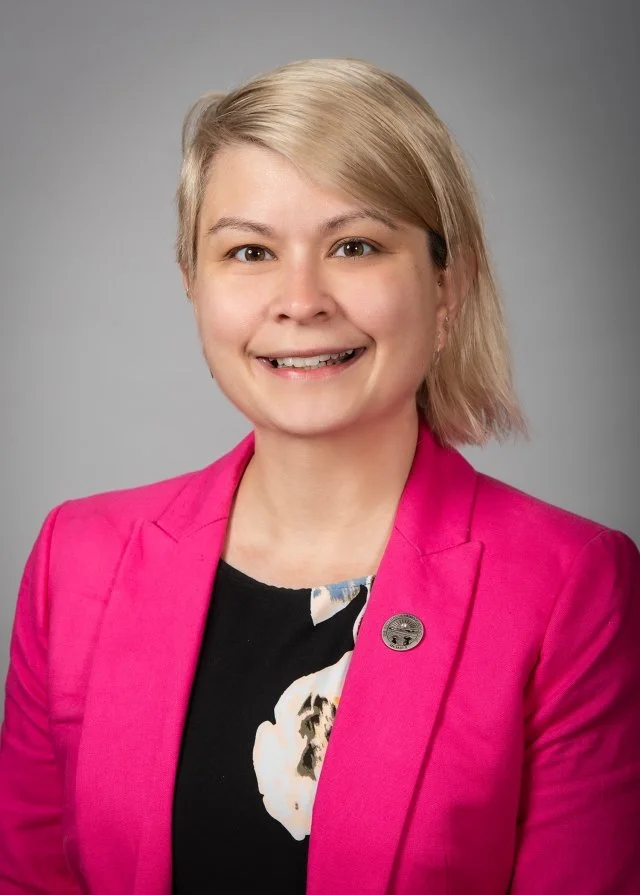
Assistant Minority Whip
Michele Grim
District 43 | DThe Assistant Minority Whip is elected by all members of the House and is responsible for monitoring legislation and securing votes for legislation on the floor. The term Whip originated in the Parliament of the United Kingdom and is derived from the whipper-in' at a fox hunt.
Our Approach
-
Value People
Every person has inherent value. Therefore, we believe the way we talk, write, and think about other people should reflect their intrinsic worth and value, regardless of philosophical, religious, or ideological disagreements.
-
Be Positive
We live in the greatest nation on earth. While we will fight vigorously for the things we hold dear, we will conduct ourselves in a way that reflects the gratitude we hold for the unmerited favor we enjoy as Americans.
-
Be Professional
Excellence is crucial to effectiveness. We believe our conduct, our speech, and any work product should be professional. We are committed to ensuring that everything we do meets the highest standards of professionalism.
-
Be Thoughtful
Personal, emotional issues should be dealt with in a considerate and thoughtful way. We do not believe anyone is obligated to agree with us. Therefore, as we endeavor to persuade others of the rightness

